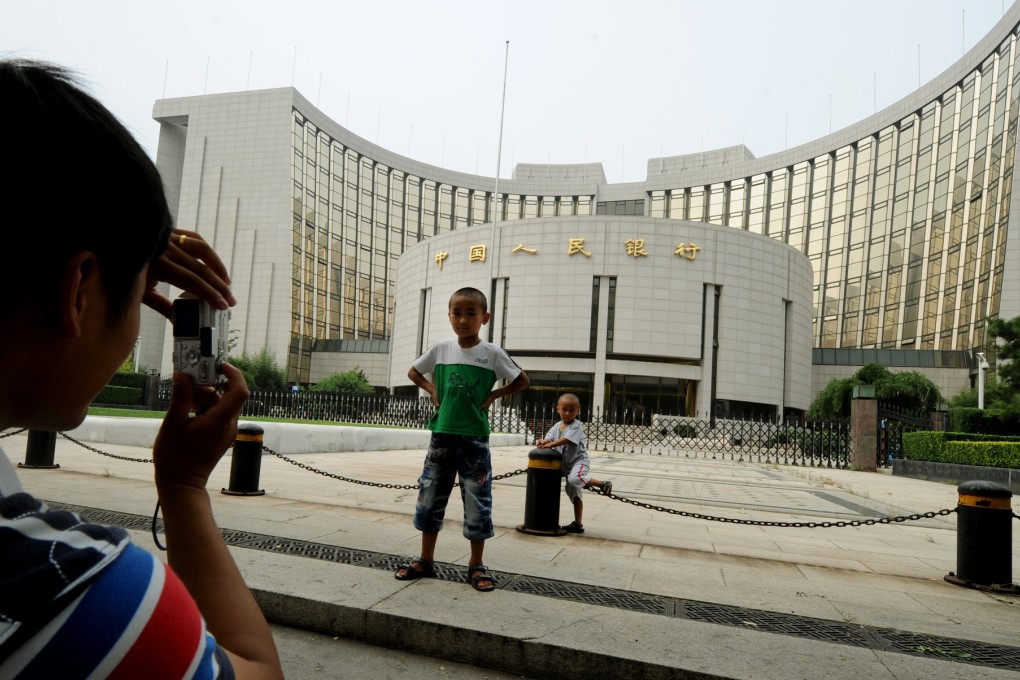Expect a modest reform road map from China
Louis Kuijs expects its new economic road map to suffice for now, but says it cannot go the distance

China's leaders are likely to disappoint those hoping for sweeping economic reforms at the third plenum of the Communist Party's 18th Central Committee. Luckily, the Chinese economy is sufficiently robust that growth will not be derailed by a failure to tackle a series of intractable problems. Not for now at least.
Where there is little resistance to change - for example, on financial and monetary reform - we could see real progress. Broad agreement within policymaking circles means we may also see the plenum endorse higher state spending on health, education and social security.
But the gathering is unlikely to deliver a mandate on other issues China must tackle to rebalance its economy. And, even where it does address problems, the plenum only sets objectives and direction. It is the government's job to implement these guidelines.
Expectations for economic reform ran high when a new party leadership was appointed almost a year ago. Many analysts expected President Xi Jinping and Premier Li Keqiang to usher in major reforms to direct the economy onto a different growth track.
However, it is far from clear whether China's leadership can forge a consensus on major reforms in some politically difficult areas. The chances of a breakthrough are not helped by a decision-making system that requires a galaxy of ministries, agencies and interest groups to sign off on reforms.
China's economy isn't set for a hard landing, or worse. But the danger is that, if politically tricky yet crucial reforms are ducked, its overall reform programme could veer away from essential measures to raise productivity and efficiency. The technocrats may succeed in rebalancing the economy, but it may be placed on an unnecessarily slow track, and one with higher risks to China's financial stability.
So what policies are likely to emerge from the plenum? Broadly speaking, the government is aiming to rebalance the pattern of growth more towards domestic demand, consumption and services and the upgrade of its industrial structure.